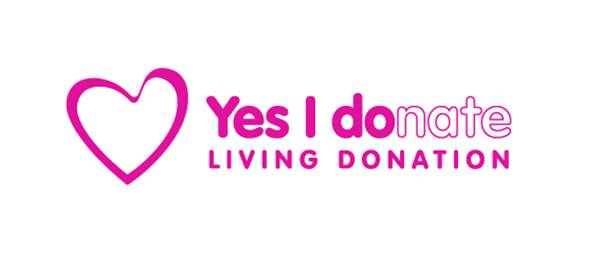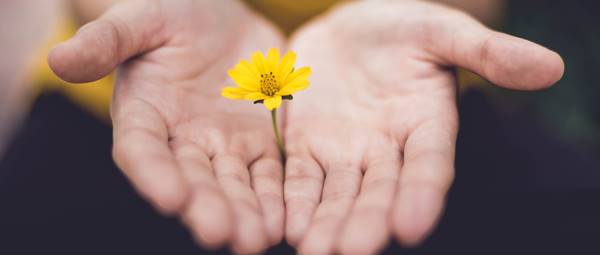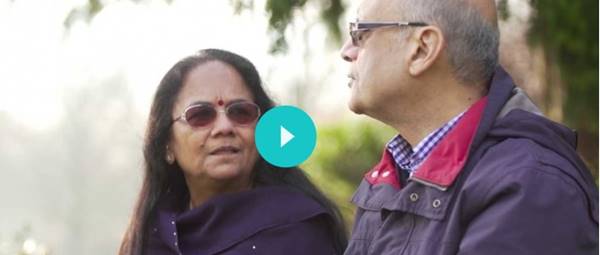Living with one kidney
Since donating my kidney a number of people have approached me and told me what an amazing person I am. I don’t feel it, I just feel like a normal person who helped someone a little less fortunate than myself.
Carrie
Donated a kidney to stranger
Can you live with one kidney?
Most people living with one kidney - whether born with a single kidney, or having donated a kidney to someone in need - are able to live long, healthy lives.
Are there any long-term risks of living with one kidney?
It is important to be aware that, although risks across the board are generally very low, every individual is different and it is possible for other uncommon complications to occur. For example, although rare, on-going fatigue and persistent pain have been reported by small numbers of the thousands of living donors.
However, most donors lead a normal, healthy life after they have donated and are able to do all the activities that they were doing before.
What are the side effects of living with one kidney?
Some studies have indicated that there is a slightly higher chance of a small increase in your blood pressure or the amount of protein in your urine as a result of having one kidney. However, these are checked at annual followup and, if found, can be treated.
The overall risk of developing significant kidney disease in your remaining kidney after donation is very low, occurring in less than one in 200 (0.5%) donors, and it is much less in kidney donors than it is in the general (unscreened) population (because kidney donors are, of course, prescreened to ensure they are healthy).
Whilst most women have uncomplicated pregnancies after donation, there is a slightly increased risk of gestational hypertension or pre-eclampsia.
Can donating a kidney shorten your life?
Compared to the general public, most kidney donors have equivalent (or better) survival, excellent quality of life, and no increase in end-stage kidney disease (ESKD).
Some studies have indicated a slightly increased incidence of ESKD post donation among certain groups; in particular Black donors, younger donors, donors genetically related to their recipients, donors related to recipients with immunological causes of their kidney failure, and overweight donors. However, the risk is still lower than that of the general (unscreened) population.
Become a living kidney donor

Help promote living donation
Order or download a range of materials, including faith-specific leaflets.
Can’t find what you’re looking for?
For general enquiries
Email: enquiries@nhsbt.nhs.uk
Or call: 0300 123 23 23



